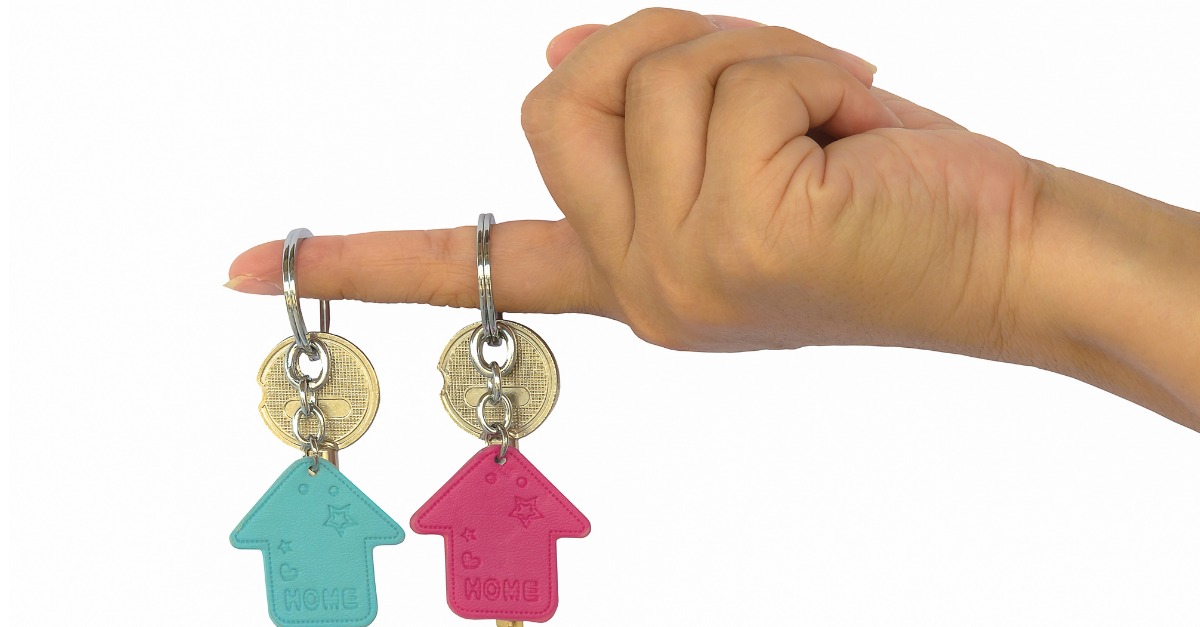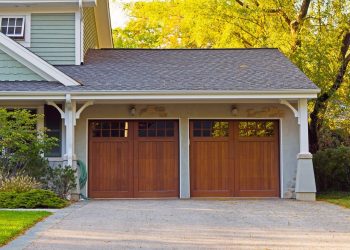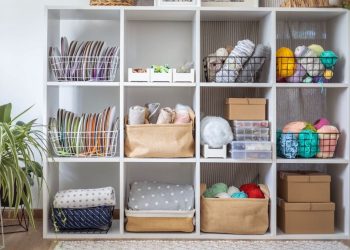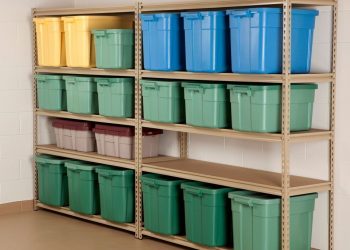A second home could give your family a place to enjoy vacations, or it could be rented out to generate additional income. Whatever your reason for wanting to purchase a second home, you should consider all the potential costs.
Getting a Mortgage
It might be harder to qualify for a second mortgage than it was for the first one. A lender looks at a borrower’s total monthly housing payments and compares them to total monthly income. Adding a second mortgage payment could make your total housing costs too high for a lender to approve your application. Submit applications to multiple lenders to see how much you can get approved for and what interest rates they offer.
Making a Down Payment
Lenders typically require larger down payments for second homes because the higher combined debt makes those loans risky. You might be able to use a home equity loan or a home equity line of credit to utilize money you have already paid into your first mortgage to finance a down payment on a second home. Failing to make payments on time could put you at risk of foreclosure, so be sure you could afford all your obligations.
Tax Breaks
The tax code offers several advantages for homeowners, but they don’t necessarily apply to second homes. Mortgage interest deductions are limited to the total amount paid by the individual(s) filing a tax return. Depending on the size of your loans, you might only be able to deduct a portion of the interest from your second home, or none at all.
Rental Property Issues
If you want to rent out a second house, talk to a local real estate agent to figure out how much you could earn in rent. Consider the costs of any necessary repairs and routine maintenance to decide if a particular property would be a good investment.
A lender might charge you a higher interest rate for a rental property than one you planned to live in part-time. Since you might not be able to rent out the house consistently, you could fall behind on your mortgage obligations, making the loan risky from the lender’s perspective.
Other Costs
You would need to pay for property taxes, homeowners insurance, maintenance and repairs regardless of the location of a second property and how you used it. If you buy another home far from your first and stay there infrequently, or if you rent it out, you might need to hire a caretaker. If the property belongs to a homeowners association, you will have to pay fees.
Is Buying Another House Right for You?
A second home could be a good investment, but there are many costs to consider. Depending on the house you want to buy, how you want to use it and your current financial situation, purchasing a second home could be a smart move or a risky one. Consult a real estate agent and a financial planner to get advice specific to your circumstances.











